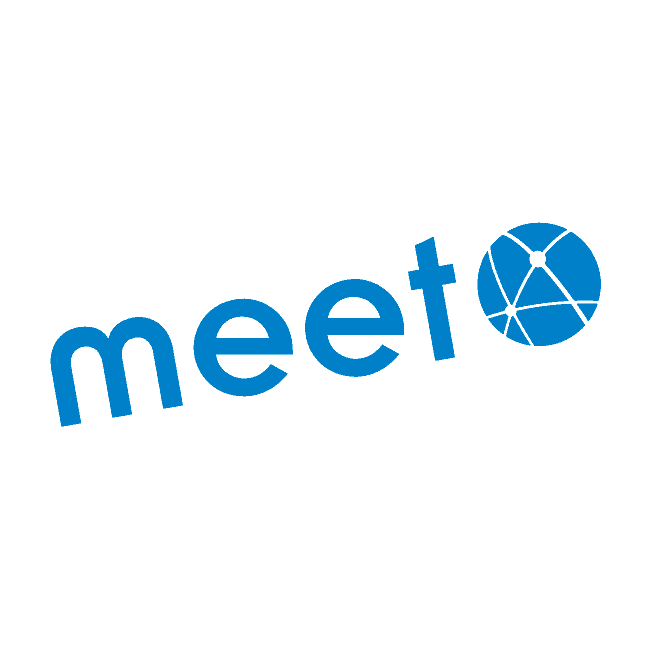Münster Electrochemical Energy Technology (MEET) at the University of Münster is one of the foremost battery research centres in Germany. Internationally, we are one of the main drivers of top-level research in the fields of battery materials, cells and electrochemistry. The aim which our research facility has is to develop sustainable, high-performance batteries for the future and to make a decisive contribution to advancing battery cell production in Europe. In the work they are engaged in, our team of around 140 researchers at MEET Battery Research Center are responding to the steadily increasing demands being made on batteries as a form of energy storage – for example through electromobility, the expansion of renewable energies, smart building technology or the debate surrounding air taxis. At the same time, our team of researchers is pioneering new areas of application for batteries of the future.
Research at MEET
Embedded in the scientific network of the University of Münster (WWU), various scientific and engineering disciplines cooperate under the umbrella of the MEET Battery Research Center. The aim is to develop a holistic research approach through close interdisciplinary exchange and thus promote innovative ideas and synergies.
MEET benefits from WWU’s many years of experience in materials science and material analysis, including Prof. Dr Martin Winter’s professorship “Materials Science, Energy and Electrochemistry” at the Institute of Physical Chemistry. The research network is supplemented by cooperation with external partners from science and industry.
MEET pursues a holistic, systemic research and development on electrochemical energy storage systems and transducers, which, in addition to synthesis and production, characterization and analysis of materials, components and cells, naturally also covers the various aspects of application, including economic efficiency, environmental impact and social impact. There is currently a focus on research into lithium ion batteries; in addition, future battery generations and alternative electrochemical storage devices and converters are under intensive development.
MEET’s contribution as a Stakeholder to BatteryNL
MEET is interested in a collaboration focusing on high capacity battery designs (e.g. Li-metal anodes and high energy density Li/S or Li/O2 cells), fast Charge (high power) and low use of critical raw materials. This poses even more stringent requirements on battery materials in terms of safety (e.g., move to solid electrolytes), battery stability (deactivation), and costs and availability (abundance) of battery components.
The cooperation between MEET and BatteryNL is also supported by the close partnership of the Universities of Twente (UT) and Münster, which focuses – besides other touchpoints – on battery research.
